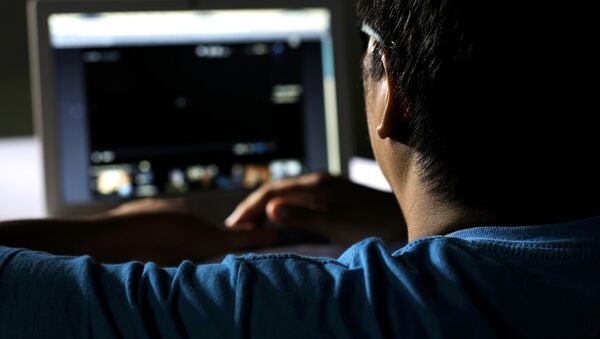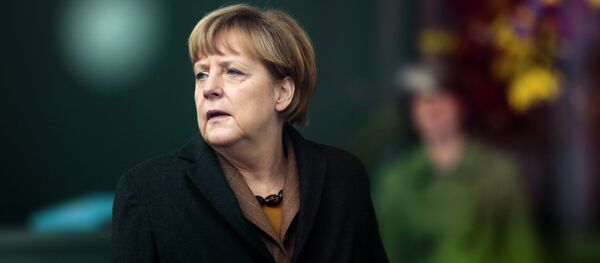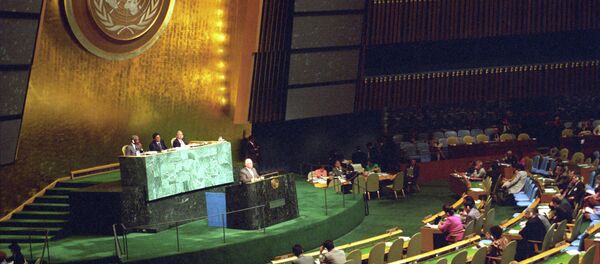MOSCOW, December 5 (Sputnik), Ekaterina Blinova — Internet freedom is under threat, as an increasing number of countries impose online censorship, according to the latest survey carried out by Freedom House, a US based non-governmental organization.
The survey points out that in the past most governments "preferred a behind-the-scenes approach" to web control. However today, more and more states today are adopting new laws regulating use of the Internet, closely observing users' online activities.
"As a result, more people are being arrested for their internet activity than ever before, online media outlets are increasingly pressured to censor themselves or face legal penalties, and private companies are facing new demands to comply with government requests for data or deletions," the NGO reveals.
According to the survey, the reasons behind the steady decline in internet freedom include the proliferation of repressive laws, increased surveillance, new regulatory controls over online media and more sophisticated and widespread cyber-attacks.
The American NGO criticizes Russia, Turkey and Ukraine for maintaining government control over online activities and classifies Iran, Syria, and China as "the world’s worst abusers of internet freedom overall." It notes that Kazakhstan has passed a law banning "extremist" content, while Vietnam has legalized the suppression of state criticism in social media. However, Freedom House reports certain "improvements" in Belorussia, where the government "eased enforcement of some restrictions" and in Brazil, which has recently passed the Marco Civil da Internet bill. The bill contains provisions regarding "net neutrality" and "privacy protection," the report says.
The Washington Post notes that the United States is also "writing rules about the Internet into law," promoting the idea that there should be clear legal restrictions against access providers violating the principle of net neutrality. According to the "net neutrality" concept, governments and internet providers should not discriminate against internet users, contents, sites, platform and application, treating all data equally.
However, there are voices claiming that internet data should be tightly monitored and managed. The British intelligence apparatus is beating the drums about the fact that the Internet has evidently become "a safe haven for terrorism." Terrorists are using the global web in order to recruit followers, spread extremist teaching and threaten international community. Lee Rigby's atrocity, which could allegedly have been prevented through collaboration between Facebook and UK's MI5 intelligence service, has revived questions about the necessity of governmental control over the Internet.





